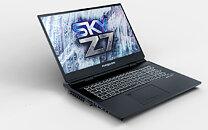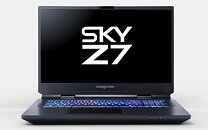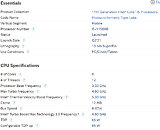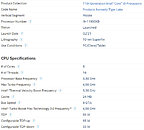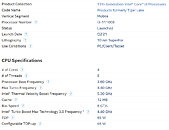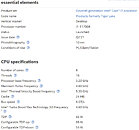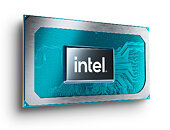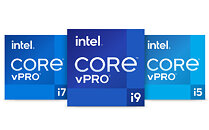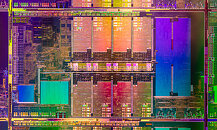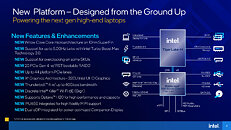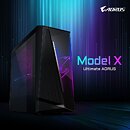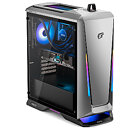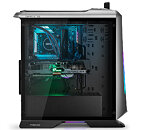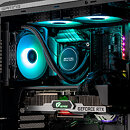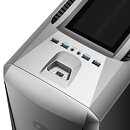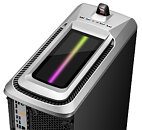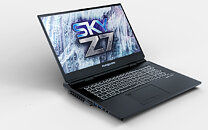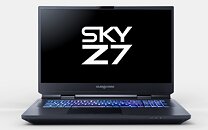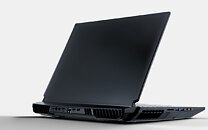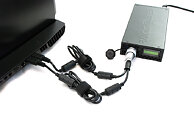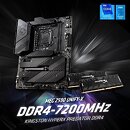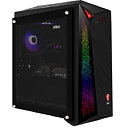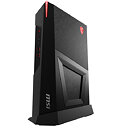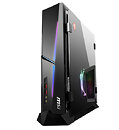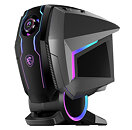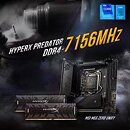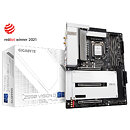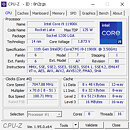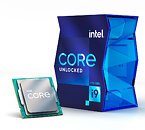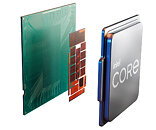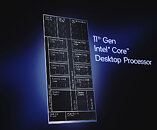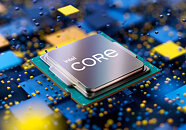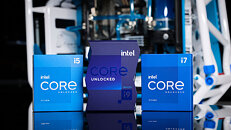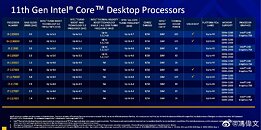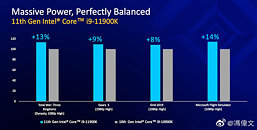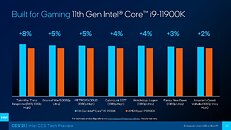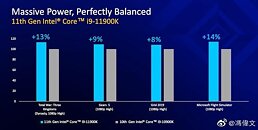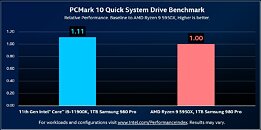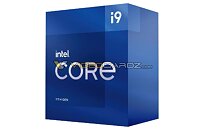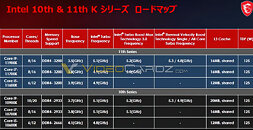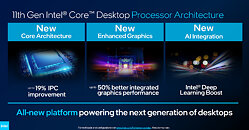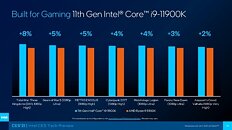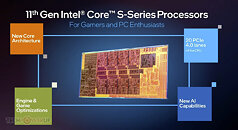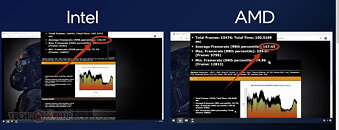
Shuttle Launches XPC Cube SH570R6, SH570R6 Plus and SH570R8
Today marks the simultaneous launch of three XPC cubes on the market on the European continent. The "XPC" series from the Taiwanese Mini-PC manufacturer has been impressing users since 2001 with its compact design and wide range of possible applications. The SH570R6, SH570R6 Plus and SH570R8 models are based on the Intel H570 chipset, which is suitable for Intel Core processors of the 11th generation (Rocket Lake) and 10th generation (Comet Lake). Shuttle states that the current top-performing model is the Intel Core i9-11900K with 125 Watt TDP, 8 cores, 16 threads, 16 MB cache and a turbo frequency of 5.3 GHz.
To match the comprehensive processor support, up to 128 GB of RAM, spread across four slots, can be installed. There are also very few upper limits when it comes to suitable mass storage devices. Fast NVMe SSDs can be fitted in the M.2-2280 slot and, thanks to the four SATA ports, so can the corresponding number of hard drives or SSDs. The R6 chassis provides space for two 3.5" data carriers (one internal, one external) and a 5.25" drive; the R8 model, by contrast, can be fitted with four internal 3.5" data carriers - with a corresponding adapter 2.5" formats are of course also suitable.
To match the comprehensive processor support, up to 128 GB of RAM, spread across four slots, can be installed. There are also very few upper limits when it comes to suitable mass storage devices. Fast NVMe SSDs can be fitted in the M.2-2280 slot and, thanks to the four SATA ports, so can the corresponding number of hard drives or SSDs. The R6 chassis provides space for two 3.5" data carriers (one internal, one external) and a 5.25" drive; the R8 model, by contrast, can be fitted with four internal 3.5" data carriers - with a corresponding adapter 2.5" formats are of course also suitable.













